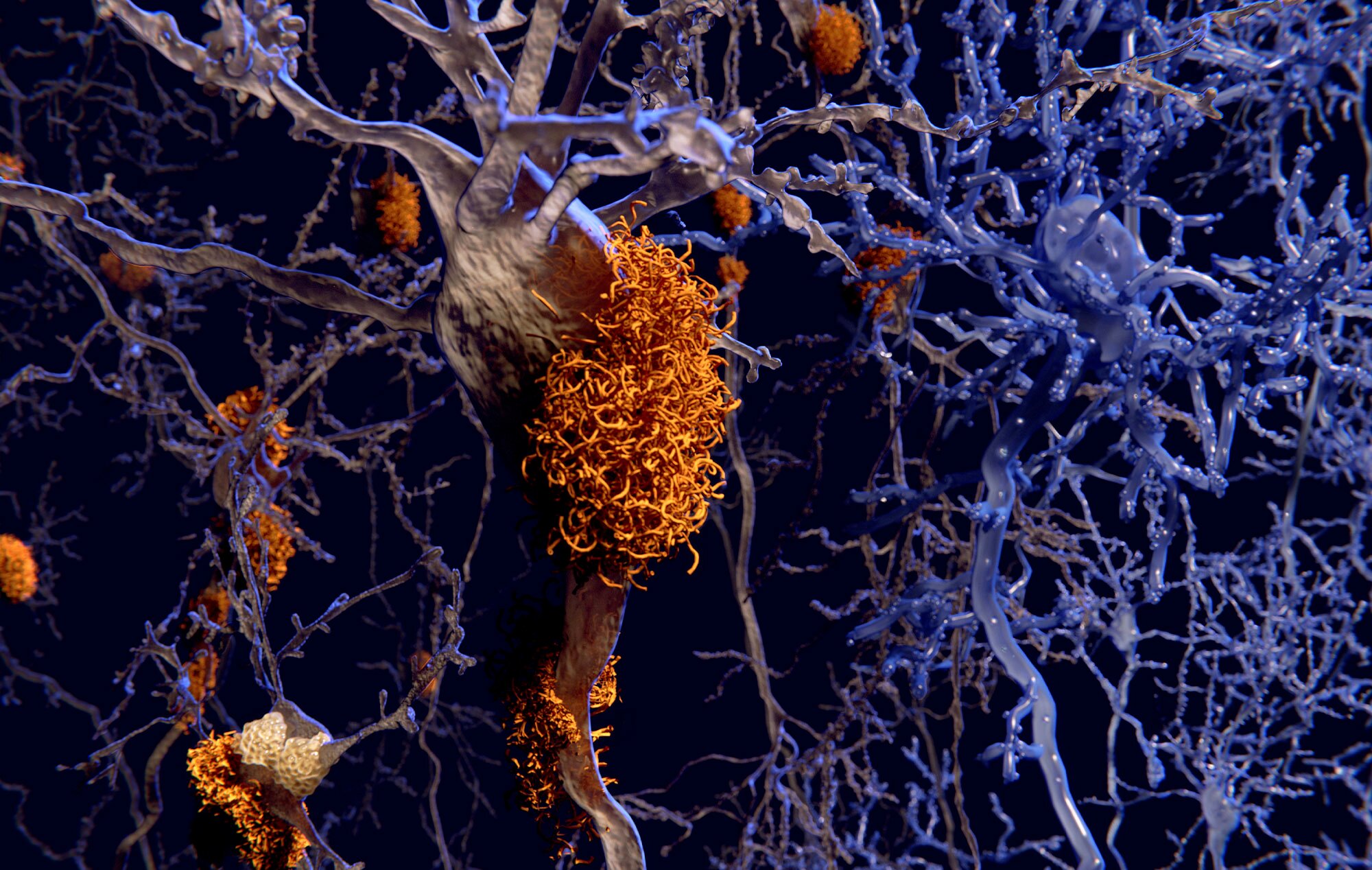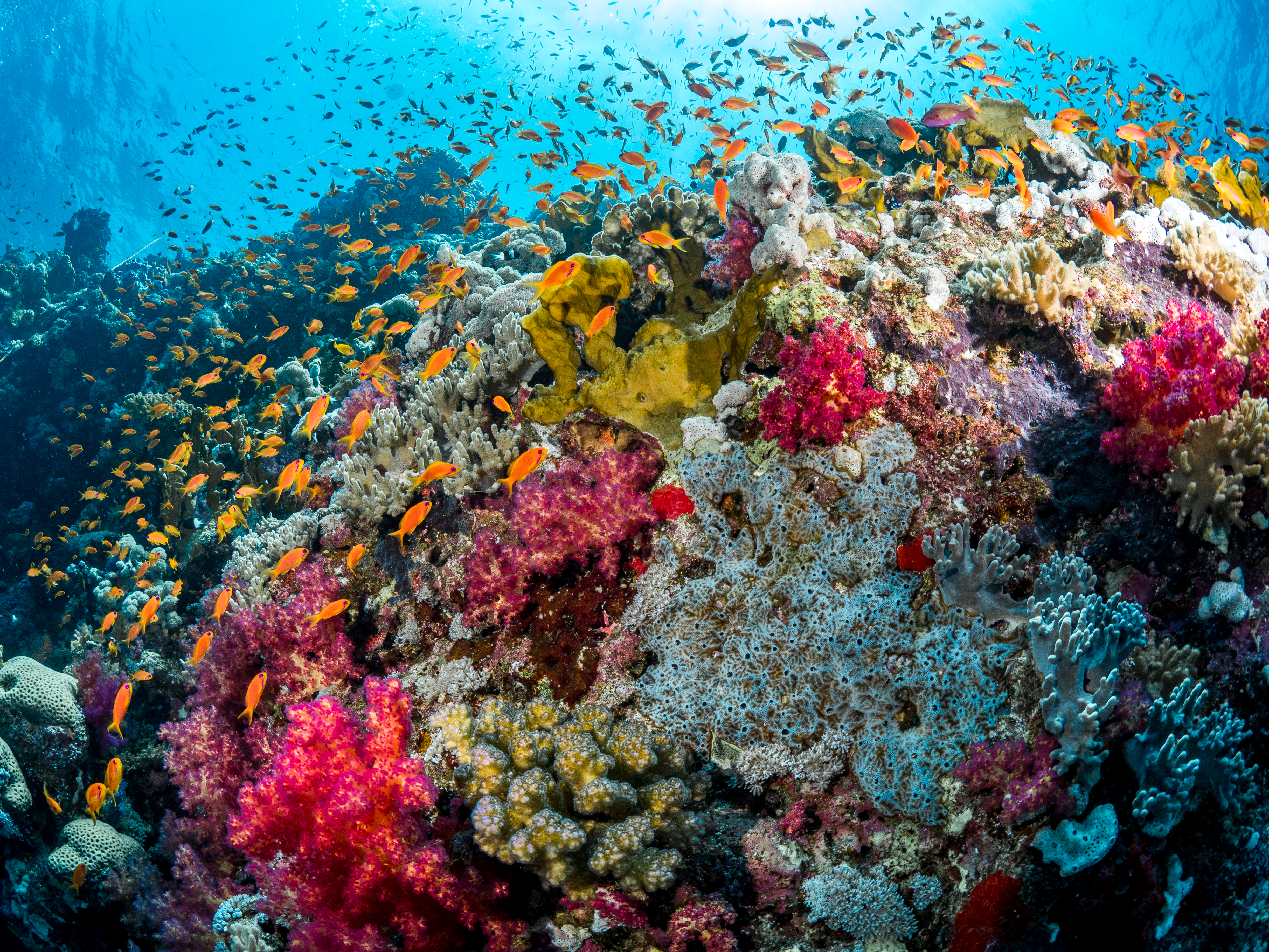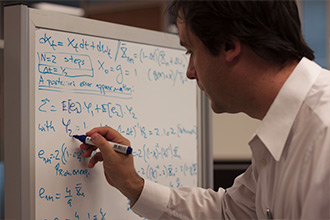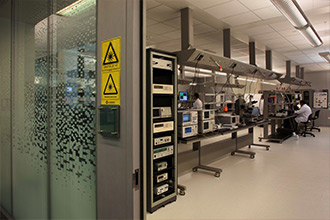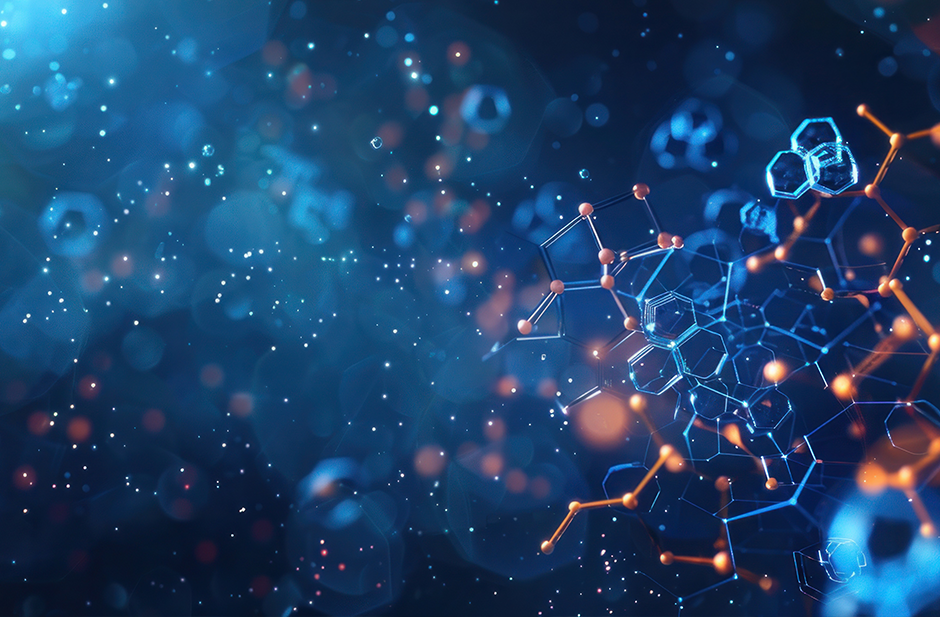Bioscience (B)
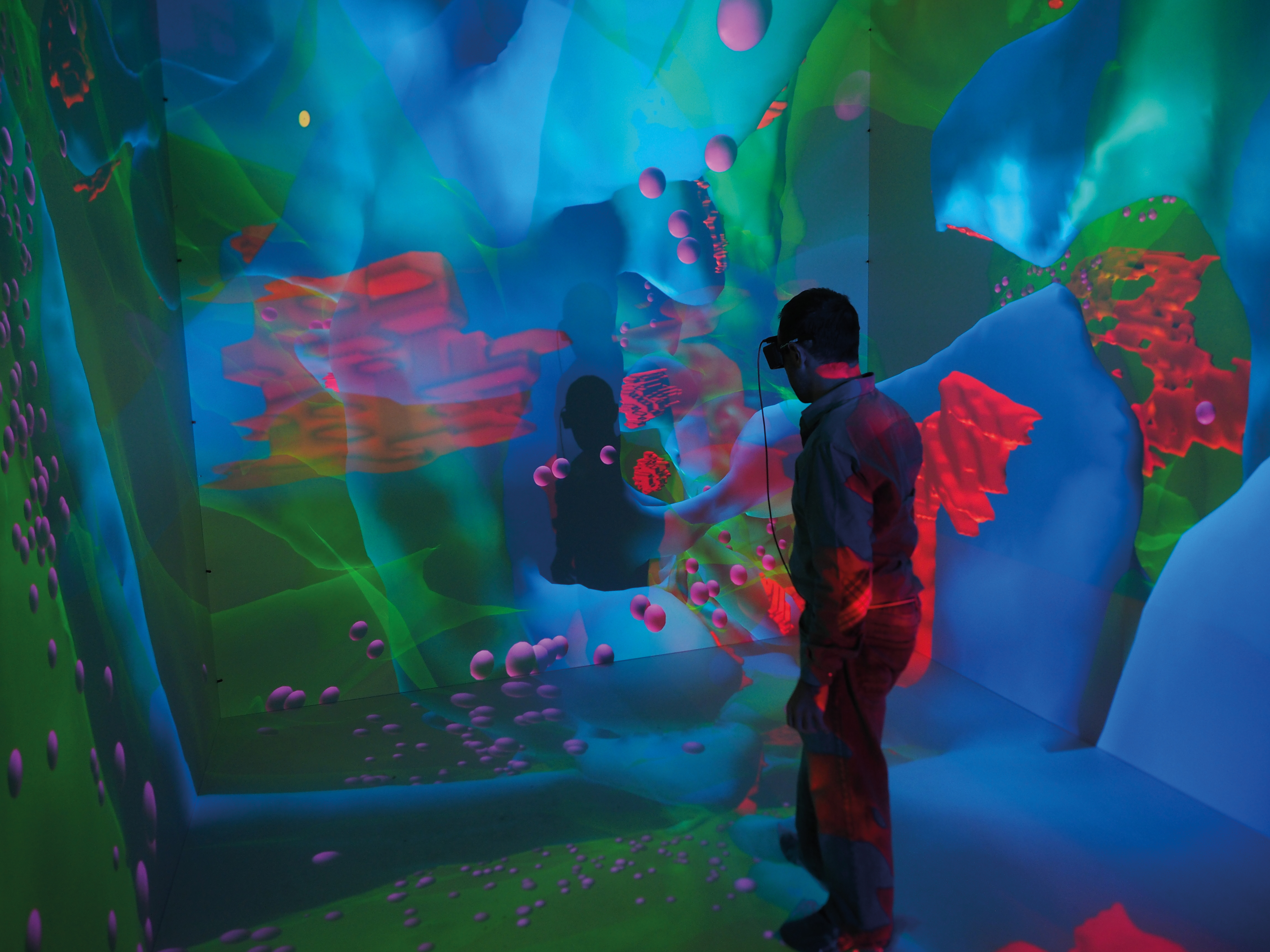
The Bioscience program focuses on adaptive biology, exploring the mechanisms that allow organisms to interact and adapt to their environments to address key global challenges in healthcare and planetary health. It provides expertise in cell and molecular biology, structural biology, biophysics, bioimaging, genomics, bioinformatics and AI. The program emphasizes hands-on research and offers flexibility with electives in bioengineering, plant science, marine science and beyond. Focus areas include epigenetics, infectious diseases, stem cells, aging, disorders and diseases, neuroscience and the microbiome, fostering interdisciplinary approaches and innovative methodologies to tackle complex biological challenges. The program attracts collaborations across different disciplines, such as marine, plant, environmental, chemical, computational sciences and engineering, expanding the program's impact on many of the global challenges addressed by KAUST.


